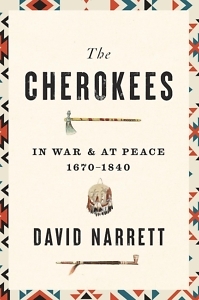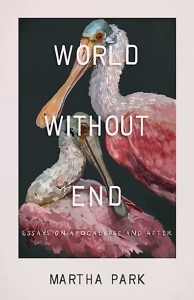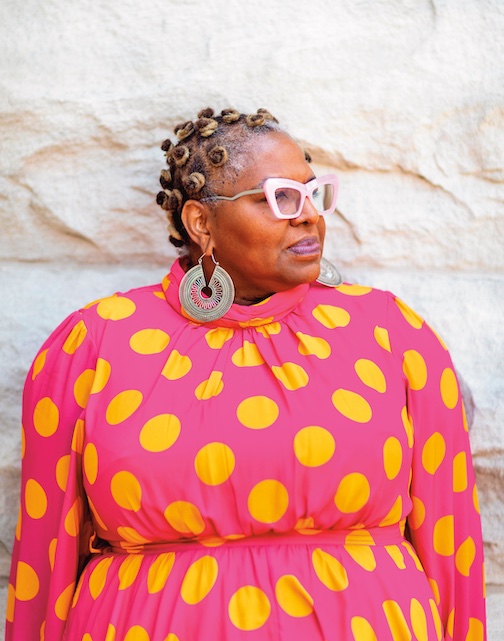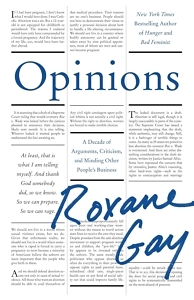A Timely Reckoning
David Narrett’s magisterial, detailed The Cherokees: In War and at Peace, 1670-1840 maps the Indigenous nation’s outsized influence on the history of the republic that dispossessed them of so much land and esteem.
David Narrett’s magisterial, detailed The Cherokees: In War and at Peace, 1670-1840 maps the Indigenous nation’s outsized influence on the history of the republic that dispossessed them of so much land and esteem.

In her essay collection about faith and science, World Without End, Martha Park identifies the uncanny overlaps between conflicting beliefs and gently prods at the heart of them. Park will discuss the book at Novel in Memphis on May 6.

Praisesong for the Kitchen Ghosts, a food memoir by former Kentucky Poet Laureate Crystal Wilkinson, offers a banquet of voices, memories, imagination, and archival photographs. Wilkinson will be the nonfiction workshop leader at this year’s Tremont Writers Conference in Townsend on October 22-26.

Making sense of the land mines of life is the theme of Nashville author Mary Laura Philpott’s memoir in essays, Bomb Shelter: Love, Time, and Other Explosives. Philpott will appear with Margaret Renkl at a fundraiser for The Porch at Juniper Green in Nashville on May 2.

Confederate Sympathies analyzes the Civil War and its aftermath in the South by weaving histories of literature, politics, and sexuality. Its author, Andrew Donnelly, will be in conversation with Eva Payne at Novel in Memphis on April 28.

Opinions is a collection of Roxane Gay’s best nonfiction pieces from the last decade, in which she blends the personal and the political in her unflinching prose, offering us her unique take on a wide array of topics. Gay will be a keynote speaker at Bookstock, held at the Benjamin L. Hooks Library in Memphis on May 3.
